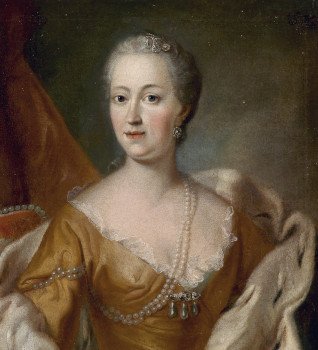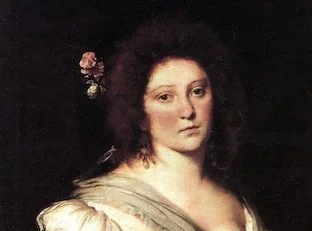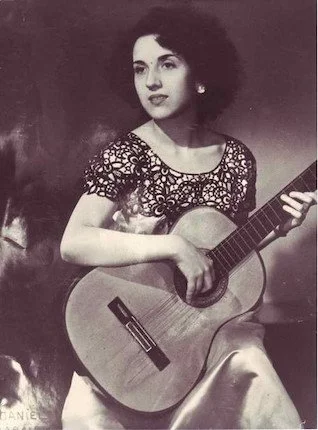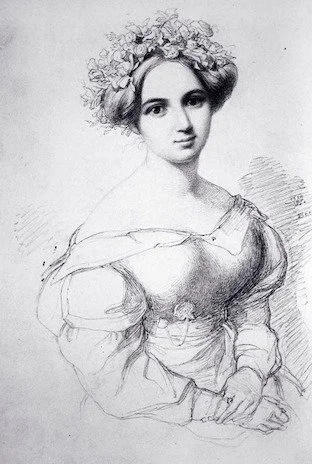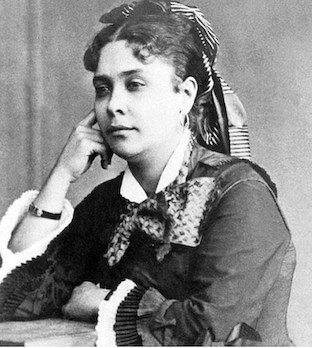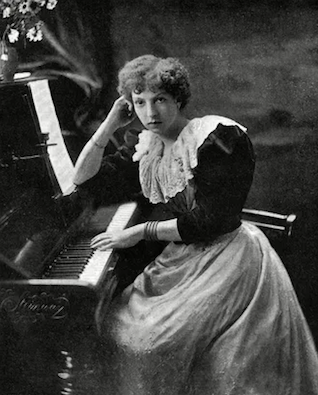6 Women Composers You Should Know
Happy Women’s History Month!
We’re highlighting 6 influential women composers that you should know.
Learn more about them below and sign up for a free trial with Practice Space below to download your free sheet music!
Maria Theresia von Paradis (1759-1824) was an Austrian composer and pianist, who was also blind! She studied with some of the most renowned composers and musicians of her time, including Christoph Willibald Gluck and Antonio Salieri. Von Paradis’s compositions range from chamber music to vocal music, but she is best known for her piano pieces and lieder. Her most famous work is “Sicilienne,” which has been arranged for various instruments and is still performed often today.
Barbara Strozzi (1619-1677) was an Italian composer and singer of the Baroque era. She was the daughter of the poet Giulio Strozzi, who encouraged her musical talents. Strozzi was a prolific composer of vocal music, including cantatas, arias, and madrigals, but she was particularly known for her expressive and emotional writing. Her works often showcased her own virtuosic vocal abilities as well. Despite facing societal barriers as a female composer in the 17th century, Strozzi’s music remains an important contribution to the Baroque repertoire, and her legacy continues to inspire musicians and audiences today.
Ida Presti (1924-1967) was a French classical guitarist and composer. She began playing guitar as a child, and by the age of nine, she was already performing publicly. Presti quickly gained recognition for her virtuosity. Along with her husband, Alexandre Lagoya, she formed one of the most famous guitar duos in history. Presti was also a talented composer, and her works are noted for their technical difficulty. She wrote pieces for solo guitar, as well as chamber music for guitar duo and trio. Despite her short life, Presti’s contribution to the classical guitar repertoire continues to be celebrated today.
Fanny Hensel (1805-1847) was a German composer and pianist of the early Romantic era. She was the sister of the composer Felix Mendelssohn and received the same musical education as him. Despite her musical talent, Hensel’s father discouraged her from pursuing a career as a composer due to societal expectations for women at the time. However, she continued to compose throughout her life and was an active member of Berlin’s musical community. Hensel’s works include solo piano pieces, chamber music, and choral works. Her music is notable for its emotional depth, and innovative use of rich harmony and rhythm. Hensel’s compositions have been rediscovered in recent years and are now recognized as important contributions to the Romantic repertoire.
Francisca Edwiges Neves Gonzaga (1847-1935), better known as Chiquinha Gonzaga, was a composer, pianist, and conductor born in Rio de Janeiro, Brazil. Gonzaga was one of the first composers to write choro music for piano and receive international recognition for it. Her passion for music led her to become one of the most influential composers of her generation despite the prejudices and social barriers she faced at the time. Gonzaga composed over 2,000 pieces, including popular waltzes, polkas, tangos, operettas, and theater music. She was an advocate for women's rights as she held a leading position in the suffragist movement. She also worked to help abolish slavery. Additionally, Gonzaga founded the first Brazilian society for copyright protection, which helped protect composers' rights and royalties. When Gonzaga passed away in 1935, she left an important legacy in Brazilian music and culture.
Cécile Chaminade (1857-1944) was a French composer and pianist of the late Romantic era. Chaminade achieved significant success during her lifetime, as her works were published by major publishers and performed by leading musicians. She was particularly known for her piano music, but she also wrote chamber music, vocal music, and orchestral works. Her piano compositions are known for their lyricism, charm, and technical brilliance. Chaminade’s works were popular internationally and were often performed in concerts and salons. Although her music fell out of favor in the 20th century, there has been a renewed interest in Chaminade’s works in recent years, with many musicians and scholars acknowledging her as an important composer of the late Romantic era.

